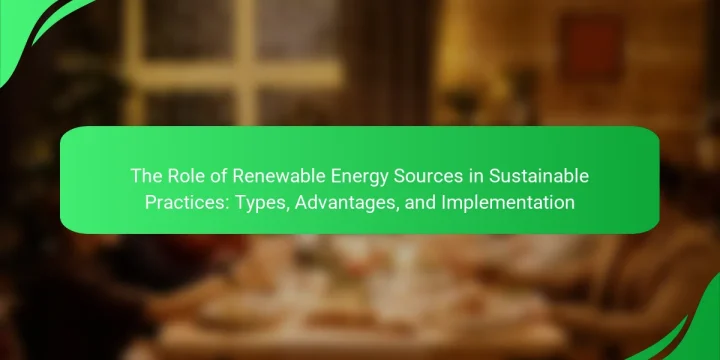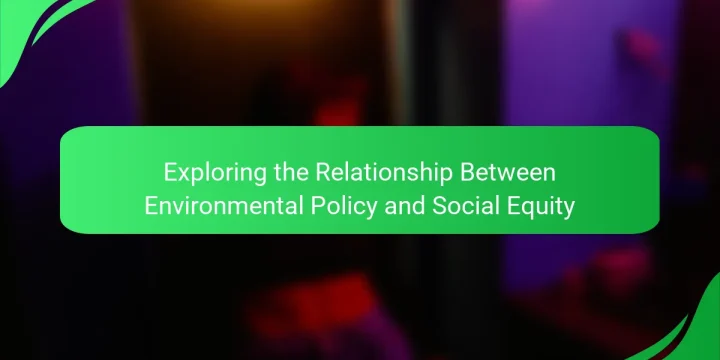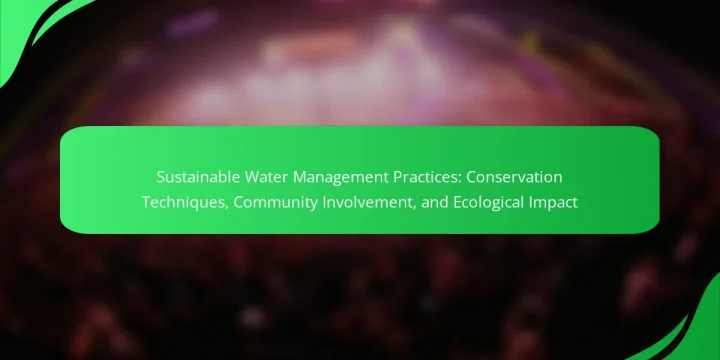
Renewable energy sources, including solar, wind, hydroelectric, geothermal, and biomass energy, are derived from natural processes that are continuously replenished. These energy forms are essential for sustainable practices as they significantly reduce greenhouse gas emissions and enhance energy security. The article examines the advantages of renewable energy, such as lower emissions, sustainability, energy independence, job creation, and potential cost reductions. It also addresses challenges like high initial costs, intermittency, and infrastructure limitations, while proposing solutions such as government incentives, technological advancements, and grid modernization to facilitate the implementation of renewable energy sources. What are Renewable Energy Sources and Their Role in Sustainable Practices? Renewable energy sources are energy forms derived from natural processes that are replenished constantly. These sources include solar, wind, hydroelectric, geothermal, and biomass energy. They play a…








